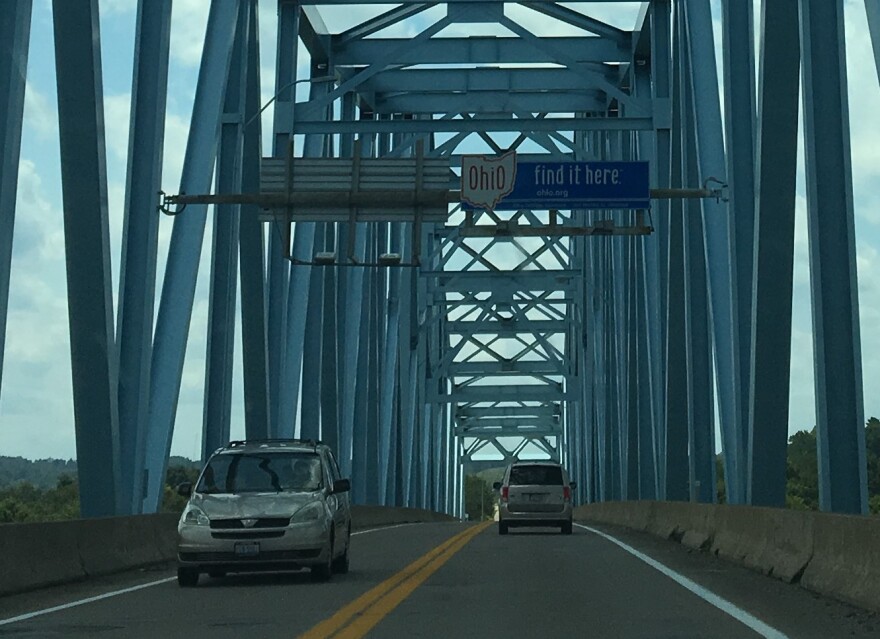$2.2 billion is coming to Ohio’s 88 counties from the new COVID relief package, and another $2.2 billion will go to 930 Ohio cities and villages. And local leaders of both parties say they need the money.
Counties will get from $255,380,000 for Franklin County to $2,500,000 for Vinton County.
Tim Bubb is the president of the County Commissioners Association of Ohio, and a Republican commissioner in Licking County, which will get more than $34 million. He said he knows his GOP colleagues in Congress voted against the package, and some others have had sharp criticisms of it.
“And I understood that. But overall the country needs an infrastructure program and it needs relief from the pandemic," Bubb said in an interview for "The State of Ohio".
There’s a lot of money headed to Ohio and its cities and counties in the $1.9 trillion COVID relief package. That includes $34 million to Licking County. On this week's @stateofohioshow, Republican Commissioner Tim Bubb told @karenkasler it's needed, but admitted he's concerned. pic.twitter.com/vKW7j0xnCO
— "The State Of Ohio" (@stateofohioshow) March 12, 2021
The range for cities and villages is a thousand dollars to the smallest communities including Octa, Elgin and Miltonsburg to more than a half a billion dollars for the city of Cleveland.
Democrat David Berger is the mayor of Lima, getting more than $26 million. He's also a member of the bipartisan Ohio Mayors' Alliance. And he said he doesn’t understand the partisan opposition.
“I don’t have the luxury of simply deciding things on whose team I’m on," Berger said, also on "The State of Ohio". I’m on the team of my community.”
There's $11.2 billion in the $1.9 trillion COVID relief package headed to Ohio - including $26.6 million to Lima. On this week's @stateofohioshow, Democratic @mayor_berger told @karenkasler the opposition to this wide-ranging plan was frustrating and short-sighted. pic.twitter.com/HYe83HZnUc
— "The State Of Ohio" (@stateofohioshow) March 12, 2021
Both Berger and Bubb say the money should be seen as long-term investments to repair pandemic related economic damage.
Ohio's budget director has credited previous COVID relief as "essentially serv[ing] as a second rainy day fund for us," and has suggested that may make draining the state's rainy-day fund unnecessary.





